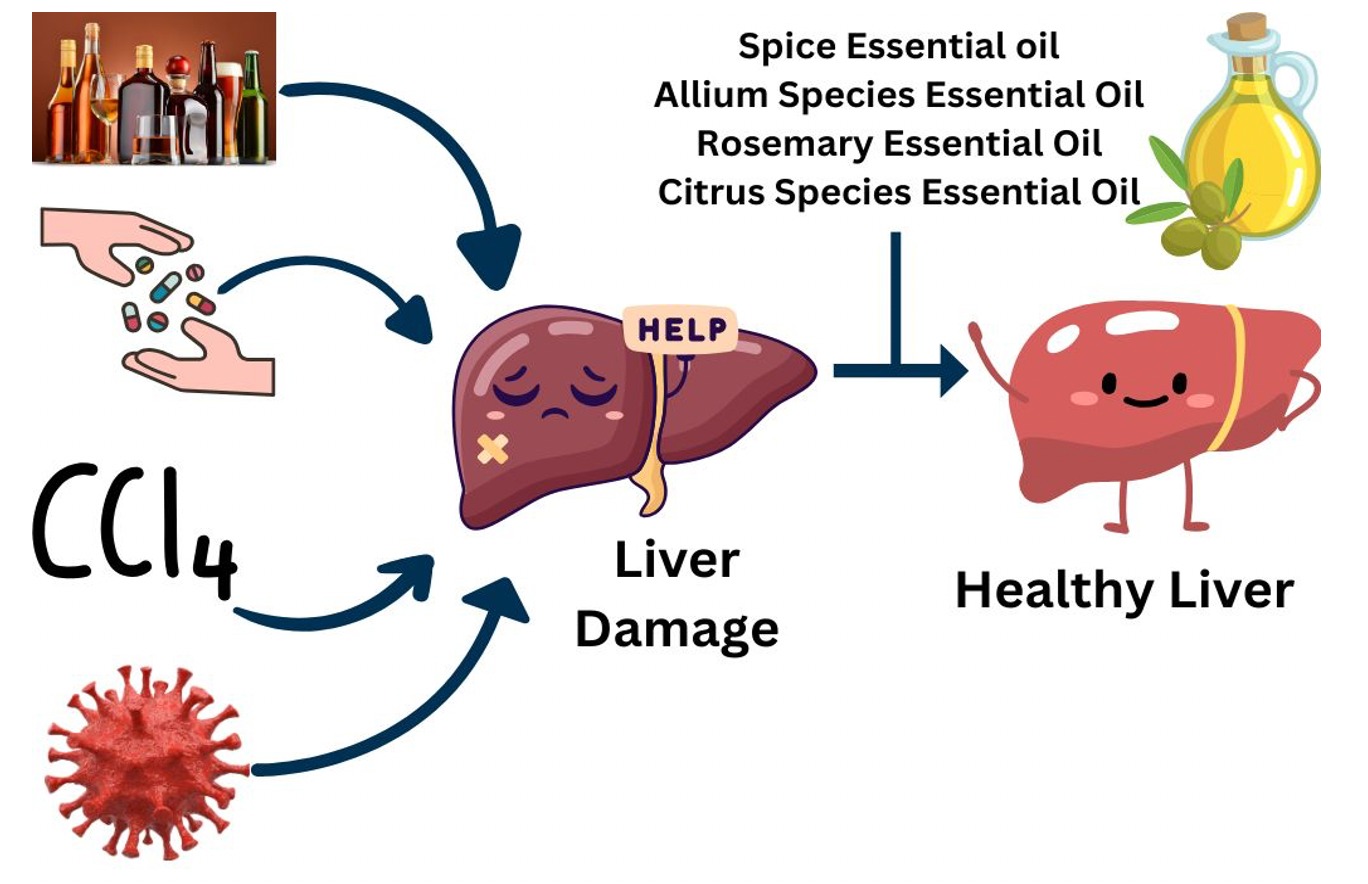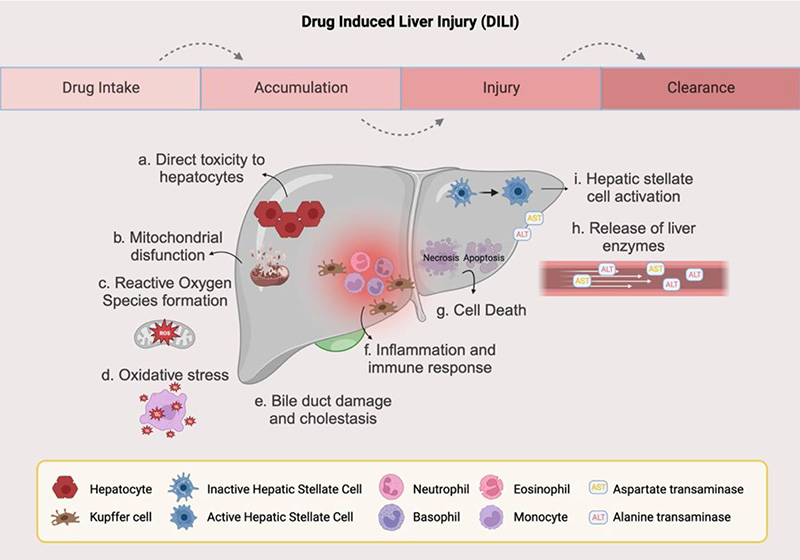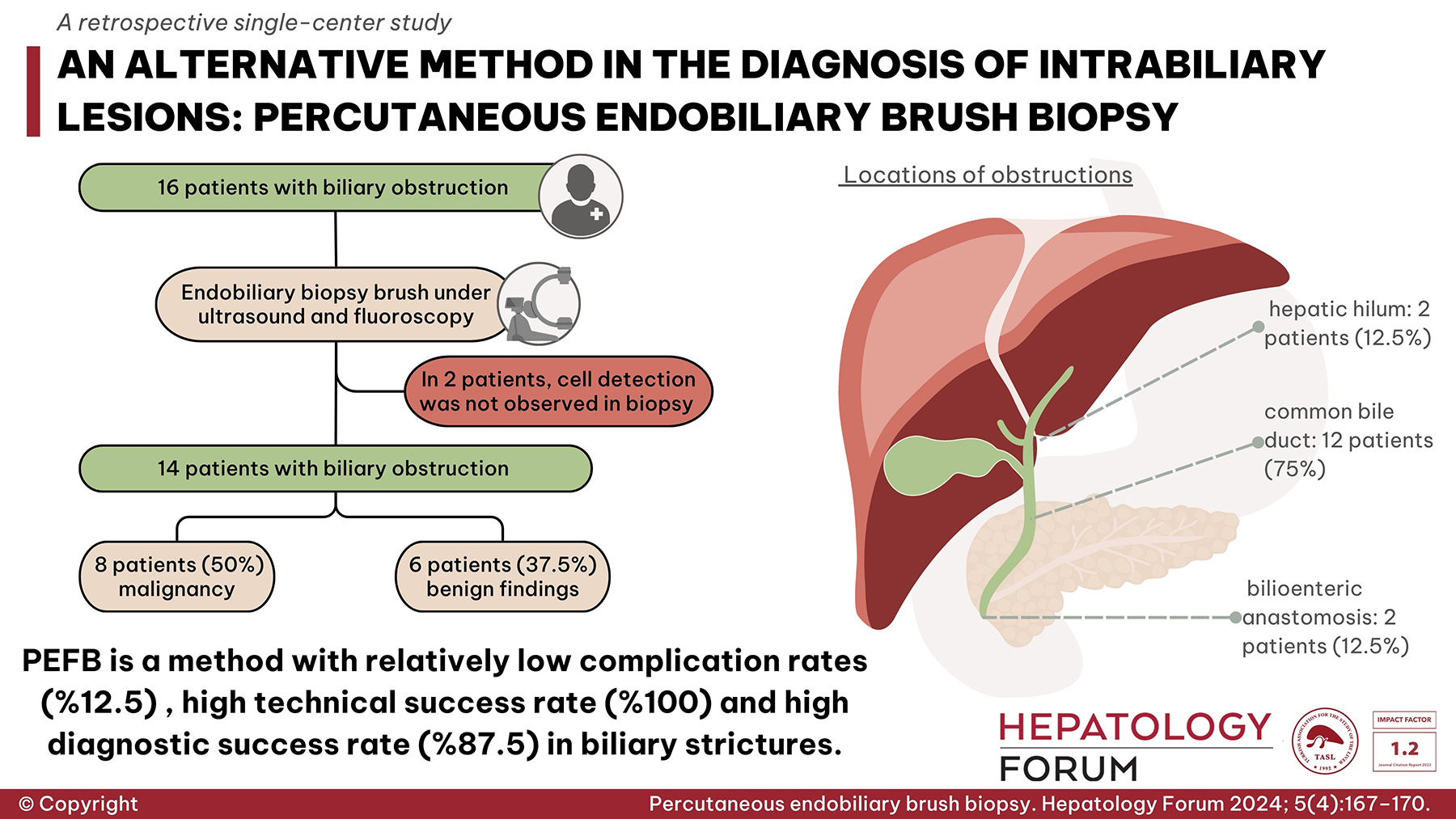2Department of NMR and MRI Facility 2, All India Institute of Medical Sciences, New Delhi, India
Abstract
Hepatocellular carcinoma (HCC) is one of the most common and deadly forms of liver cancer worldwide. Recent research suggests that the insulin-like growth factor (IGF) system, including insulin-like growth factor-1, insulin-like growth factor-2, and their receptors, may play a critical role in the pathogenesis and progression of HCC. However, the precise mechanisms through which IGFs contribute to HCC development remain unclear. The objective of this review is to explore the association between IGF signaling and HCC, with a focus on understanding the molecular pathways through which the IGF axis influences the pathophysiology of HCC. The review also examines the potential of utilizing the IGF pathway as a therapeutic target for HCC. IGF-1R overexpression, elevated IGF-2 levels, and decreased IGF-1 levels are seen in HCC and are linked to a poor prognosis. The IGF-1R signaling pathway leads to activation of PI3K/AKT/mTOR and RAS/RAF/MEK/ERK, which increases cell growth and proliferation and inhibits apoptosis, resulting in HCC. Also, in diabetic conditions, low levels of IGF-1 contribute to a higher risk of HCC due to hyperinsulinemia, chronic inflammation, and diseases like non-alcoholic fatty liver disease (NAFLD) and its severe form, non-alcoholic steatohepatitis (NASH).





 Sonia Bisht1
Sonia Bisht1 









